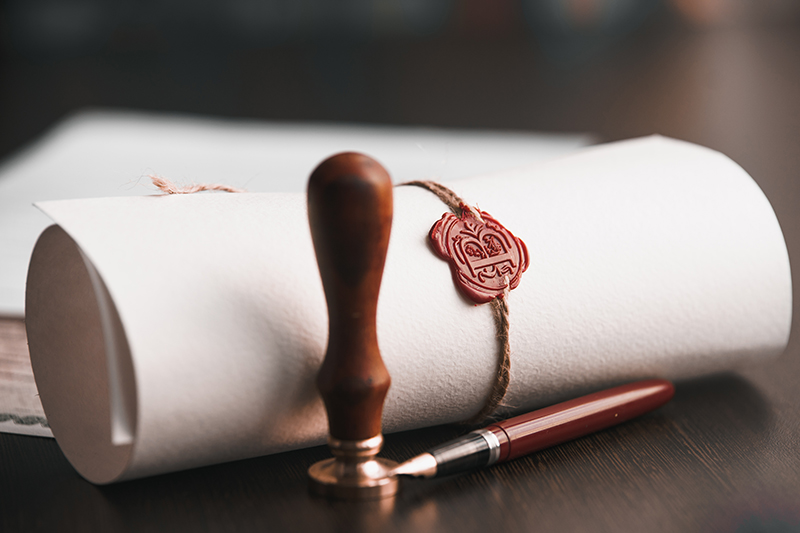Wills
Posted on August 21st, 2019
It is important for everyone over the age of 18 years to have a valid Will in place, especially if you own property or have significant assets in your superannuation fund. A person making a Will is called “the Testator”.

A Will is a written legal document prepared in a particular format which spells out your wishes so far as your assets are concerned in the event of your death. It details who will receive the assets (the Beneficiaries) and who will supervise the distribution of your assets to the beneficiaries and who will manage your estate (the Executor).
The Executor needs to be someone who you trust and value to carry out your wishes in accordance with the provisions that you set out in your Will, and therefore the appointment of an Executor is one of the most important decisions that have to be made when preparing a Will. There only needs to be one Executor appointed, however we generally recommend the appointment of at least two Executors to try to ensure that there is a validly appointed Executor in place (for example if the one appointed was to die before you or become incapacitated to the extent that the Executor is unable to carry out the role). If there is no validly appointed Executor, then an application has to be made to the Supreme Court for the appointment of another person (an alternate Executor) to enable your estate to be administered in accordance with the provision of your Will.

An Executor is often a family member or a close friend or relative.
You as the Testator nominate which beneficiaries you want to receive which of your assets. The Testator can specifically leave certain assets, including personal items, to a particular beneficiary, or make general provisions so far as all of the assets are concerned.
For a Will to be valid, there are various legal requirements which have to be met, both so far as the details included and the signing and witnessing of the document. It is therefore advisable that a solicitor is engaged to prepare a Will rather than the Testator/s attempting to do it themselves.
If you die without a Will, you are said to die “intestate”. The Queensland Succession Act (1981) provides how an estate is to be distributed if you die without a Will. The statutory provisions made by the Government in the Act may not be what you want to happen to your estate.
In addition to making provision for the distribution of your assets on death, you can also make provisions in your Will about many special wishes that you might have such as donation/s to charities, your funeral, organ donation and guardianship of your infant children.
You can only provide for your estate (or part of your estate) to go to charity by making specific provision/s in that regard in your Will. If you die intestate, then none of your estate will go to charity.
You can set out what your wishes are about your funeral and your burial in your Will. This might include things such as whether you want to be buried or cremated (and if so where) and what you want done with your ashes.
You can also specify whether you want your organs or body parts to be used for organ donation purposes and whether that is to include for medical or scientific research or just for transplantation purposes.
You can also make provisions as to who you wish to be appointed as the guardians for your infant children. These are called Testamentary Guardians. Generally, there must be no surviving parent for such an appointment to take effect. The guardian/s appointed does not necessarily have to be related to the infant/s. This is an issue that is contentious.
You can also stipulate guiding principles for the guardian/s to follow in caring for your infant/s.

Greg Michel
Director
Macdonald & Michel Solicitors
https://macdonaldmichel.com.au
07 4972 3644
